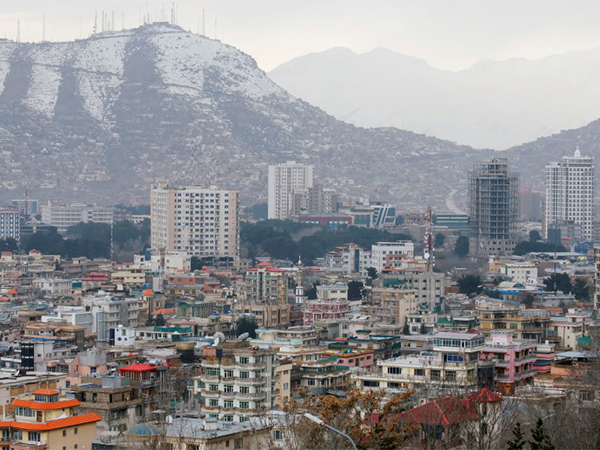Crisis in Kabul: UN and UNICEF Sound Alarms on Growing Urban Dangers
Kabul faces a dire humanitarian crisis with 40% of Afghanistan's urban population living in unsafe settlements. UN warns of climate risks, while UNICEF highlights severe child malnutrition and disease. Forced deportations exacerbate the situation, stressing the urgent need for international aid to avert further disaster.

- Country:
- Afghanistan
The United Nations Human Settlements Programme (UN-Habitat) has raised concerns over Kabul's deteriorating living conditions, stating that the city now comprises over 40% of Afghanistan's total urban population, Khaama Press reports. Alarmingly, a significant portion of these residents live in precarious informal settlements lacking basic infrastructure and exposed to environmental threats.
UN-Habitat has highlighted the escalating dangers posed by extreme weather events linked to climate change in these communities, potentially endangering millions, Khaama Press noted. The organization asserts urgent action is vital to enhance climate resilience and address Kabul's hazardous living conditions, a situation reflecting both humanitarian and environmental crises.
Highlighting further challenges, the report indicates that returning Afghans often end up in these informal complexes, deficient in essential services like healthcare and sanitation. According to Khaama Press, without considerable investment in infrastructure and climate adaptation, residents will persist in cycles of risk and deprivation.
UNICEF has issued a stark warning on child health, reporting 357 measles deaths in Afghanistan in the first half of 2025 and pointing out that 80% of the 74,800 suspected measles cases involve children under five. Additionally, severe malnutrition looms large, with 3.5 million children acutely malnourished and 1.4 million facing immediate mortality risk.
Further compounding the crisis, mass deportations from Iran have added strain, with over 714,000 Afghans returning to the country, many undocumented and forcibly expelled. These returns have flooded border communities and fragmented existing services, Khaama Press highlighted. UNICEF forecasts 9.5 million people could face severe hunger by October, signifying a critical need for international aid.
In response, UNICEF has requested $1.2 billion for 2025 operations; however, only 51% of these funds have been acquired, Khaama Press reports. This funding deficit jeopardizes essential programs for children and families, prompting UNICEF's plea for ongoing international support to preempt preventable deaths and worsening suffering among Afghanistan's vulnerable populations.
(With inputs from agencies.)










